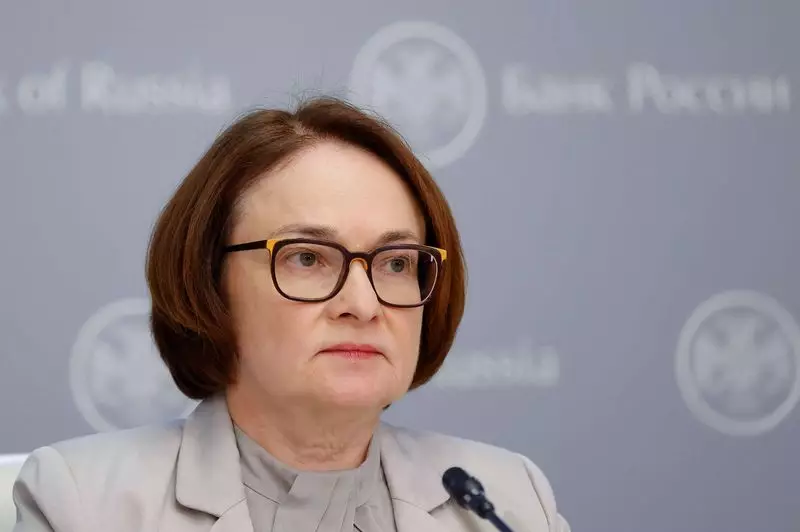The Russian Central Bank made a significant move by increasing its key interest rate by 200 basis points to 18%, citing high inflation and an overheated economy as key reasons for the decision. This latest hike has brought the cost of borrowing to its highest level in over two years. The central bank also adjusted its inflation forecast for 2024, anticipating a range of 6.5–7.0%, and hinted at the possibility of further rate hikes in the future.
According to a Reuters poll of economists, the market was already anticipating the interest rate hike. However, there were dissenting voices within the Russian elite who favored a more dovish approach. This decision puts the key rate at its highest level since April 2022 when the bank raised rates to 20% in response to geopolitical developments.
The Central Bank of Russia justified the rate hike by pointing to accelerated inflation, which is exceeding the bank’s earlier forecasts. It noted that domestic demand is outpacing the capacity to supply goods and services, necessitating tighter monetary conditions to rein in inflation. The central bank has signaled that further rate hikes may be on the horizon to bring inflation back to its target of 4%.
The central bank highlighted issues such as labor shortages and continued growth in retail and corporate lending as key drivers of high inflation. Despite raising its GDP growth forecast for 2024, the bank did not explicitly use the term “overheating” to describe the current state of the economy. This decision comes on the heels of other rate hikes in the second half of 2023, including an emergency hike in August in response to a depreciating ruble.
Inflation has been a primary concern for the Central Bank of Russia, with rates standing at 7.4% in 2023 and currently running at 9.18%. Economists expect inflation to remain above the bank’s target of 4% for the foreseeable future, indicating that further policy action may be necessary to stabilize prices.
As the Russian central bank grapples with high inflation and an overheated economy, the decision to raise interest rates represents a proactive step towards taming price pressures and ensuring economic stability. While the move was largely expected by the market, dissenting voices within the elite suggest a diversity of opinions on the appropriate approach to monetary policy. The central bank’s commitment to returning inflation to its target level underscores the challenges facing the Russian economy and the importance of sound monetary management.

